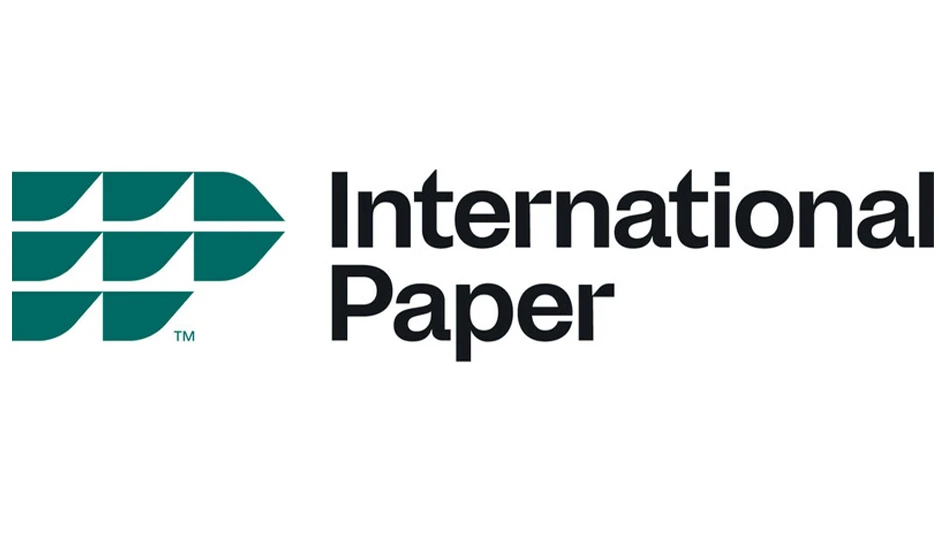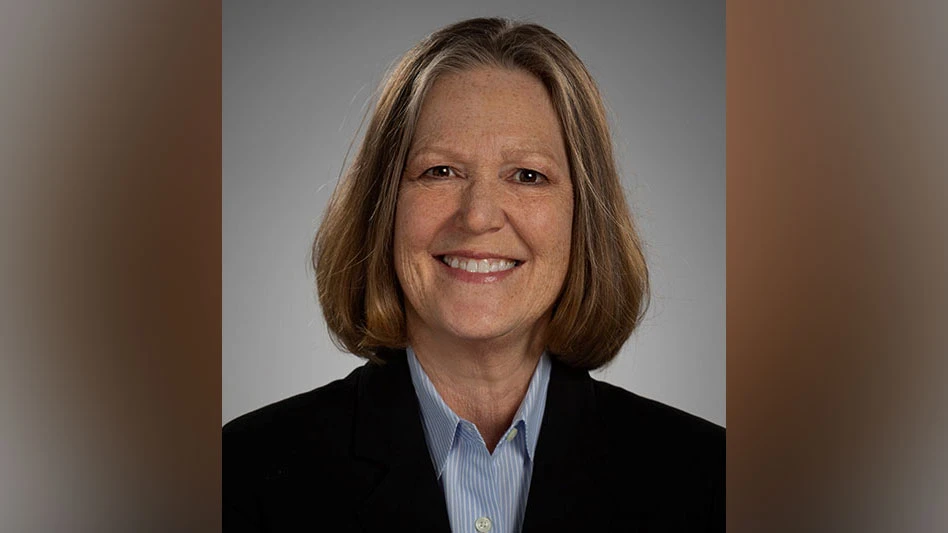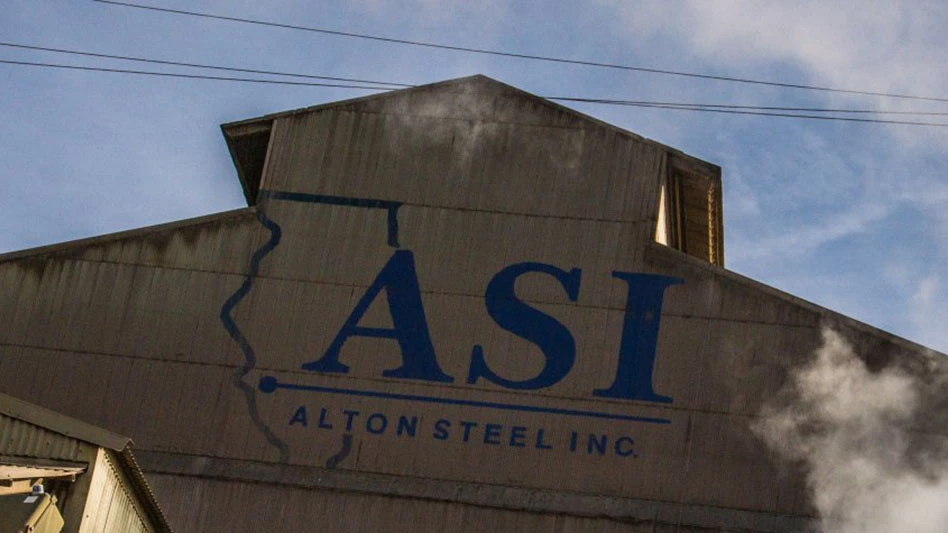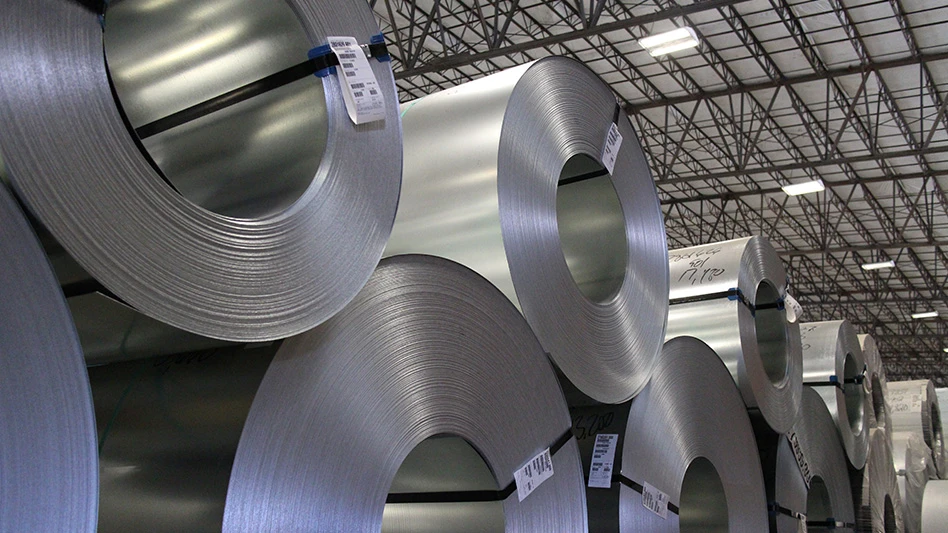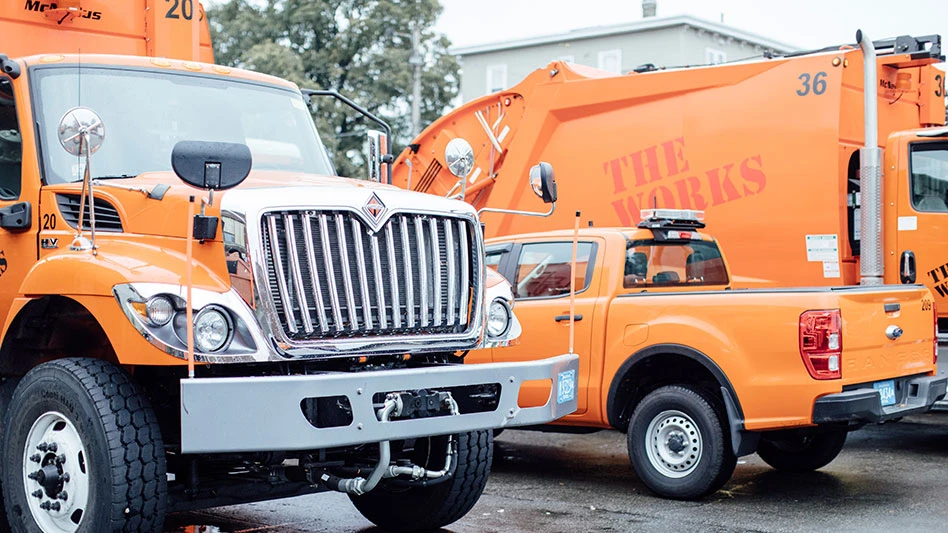
Oleksii | stock.adobe.com
As the Circular Action Alliance (CAA), Washington, enters a critical phase of making its comprehensive strategy for California’s extended producer responsibility (EPR) law, Senate Bill 54, the organization says it is advancing implementation in several areas as it seeks to establish the necessary systems and frameworks to advance the plan for meeting the state’s ambitious recycling and packaging waste reduction goals.
“CAA’s work on California’s S.B. 54 is entering an accelerated phase,” CAA CEO Jeff Fielkow says. “With the informal rulemaking period underway and final regulations on the horizon, we’re intensifying our focus on building a robust program plan, reimbursement mechanism to enhance the recycling system and reporting systems to meet California’s ambitious recycling and waste reduction goals.”
RELATED: Circular Action Alliance adds to founding members | Newsom orders SB 54 revision
CAA says a cornerstone of its effort is the development of a comprehensive program plan for submission to the regulator next year. The organization continues to expand its national and state teams along with external partners it says will support building critical plan elements including reuse and refill investment, source reduction planning, education and outreach, stakeholder consultation and recycling and compost funding and infrastructure development.
The PRO has launched a dedicated project to develop its approach to meet the source reduction mandates under S.B. 54. The initiative aims to build a model that will empower producers to effectively achieve reduction goals. The plan will address two key areas:
- The development of an incentive system designed to encourage and reward efforts to accelerate source reduction.
- An outline of the specific steps and associated costs necessary for producers to accurately report their progress as mandated by S.B. 54.
Additionally, CAA says it actively is developing the reimbursement methodology, which will provide financial support for California’s transition to enhanced recycling systems. CAA says this work involved three interconnected work streams:
- Systemwide database: CAA says it is compiling a comprehensive database that will provide a complete picture of California’s recycling systems today and into the future, including participants, programs and material flows. This database will serve as a crucial resource for determining the new, additional and future costs associated with implementing S.B. 54.
- A baseline cost assessment: Using recycling system costs from 2022 as a baseline, CAA says it is identifying and quantifying the incremental costs directly attributable to meeting S.B. 54 requirements. Establishing this baseline allows for clear differentiation between existing and additional expenses, ensuring eligible new costs are reimbursed.
- Streamlined reimbursement process: CAA is developing what it calls a clear, simplified and efficient reimbursement process that includes defining eligibility criteria, establishing data reporting requirements, creating structured service agreements and outlining transparent procedures for application, review, payment, dispute resolution and reporting. CAA says the goal is to facilitate timely, accurate and verifiable reimbursements to local jurisdictions, recycling service providers and other relevant interested parties.
“Collectively, these efforts will establish a robust and transparent reimbursement process to fund critical investments such as expanded curbside collection, improved processing infrastructure and other enhancements to California’s recycling system,” CAA says. “This forward-thinking approach will accommodate reimbursements for eligible expenses incurred since Jan. 1, 2023, while also anticipating future funding needs from 2027 onwards, relying consistently on clear documentation, service agreements and preapproval processes as appropriate.”
Drawing on experience from Oregon’s EPR legislation, the Recycling Modernization Act, CAA says it is enhancing its online portals to streamline producer registration and data reporting in hopes it will ensure a smooth and efficient reporting process for participating producers, which will report 2023 supply data in this year.
The portal will open for registration in California on Aug. 1 with a registration deadline of Sept. 5. The portal will open for reporting Sept. 15, with a deadline of Nov. 15.
As part of its ongoing effort, CAA says it actively is engaging with producers, trade associations, local governments, service providers, end markets, environmental justice organizations, nongovernmental organizations and other interested parties. The PRO says these ongoing dialogues are essential to understand on-the-ground realities and ensure the program plan is both practical and effective. As CAA’s work progresses, it says numerous additional opportunities for stakeholder input on specific program components will be announced, continuing a collaborative approach.
Personnel change
In its California update, CAA says it is implementing “planned staff changes” and is in the final stages of hiring several key operational roles at the state and national level.
Rachel Wagoner, who was named executive director in California in December 2024, will move into an external advisory capacity. Prior to her appointment by CAA, Wagoner served as the director of the California Department of Resources Recycling and Recovery (CalRecycle).
CAA says the change builds on Wagoner’s engagement with CAA, involving an initial phase of leadership and internal assessment to build a strong foundation in California. Beginning in June, plans to conduct a comprehensive search to identify an operational executive director to work with its national team on the development of the S.B. 54 program plan and the expansion of the in-state team.
“We appreciate Rachel’s leadership and the foundation she has built for CAA in California,” Fielkow says. “As we now turn our full attention to implementing the complex requirements of S.B. 54, we are committed to maintaining our momentum as we build our California team.”
Making progress
CalRecycle recently released revised S.B. 54 draft regulations and is in the process of soliciting feedback on the proposed changes, which became necessary in March when Gov. Gavin Newsom ordered CalRecycle to restart negotiations, citing the program’s cost as an issue.
After a key rule-setting deadline was missed March 7, a Los Angeles Times report referenced a state analysis showing the legislation would cost the state $36 billion and each California household about $300 once enacted. The analysis also said those costs are likely to be mitigated by an estimated increase in personal income amounting to $19.2 billion, coupled with additional health and environmental benefits totaling $40.3 billion.
“The governor is directing CalRecycle to restart these regulations to ensure California’s bold recycling law can achieve its goal of cutting plastic pollution and is implemented fairly,” Daniel Villaseñor, Newsom’s deputy director of communications, told the L.A. Times in a March statement.
Also in March, CalRecycle told Recycling Today it would “continue to work with industry, advocates and other interest parties to develop rules that ensure California’s plastic pollution law balances the need to cut plastic pollution with the importance of minimizing costs to families and small businesses,” adding that implementation deadlines would still be met.
State Sen. Ben Allen, one of the authors of S.B. 54, said in a May 19 statement that while he appreciated CalRecycle’s work to address various stakeholder issues raised with the previous set of regulations, there were still concerns with the revised version.
“While it appears they were able to improve aspects that help producers more efficiently begin implementing the program, we have concerns with several provisions that appear to conflict with law,” Allen said. “Notably, it appears the proposed draft regulations exempt certain products that are clearly in the program’s scope. We also worry the draft regulations are now written to allow producers to use polluting technologies in violation of the law. Getting these provisions right continues to be a top priority for us as we continue to engage in this process.”
Latest from Recycling Today
- Vecoplan appoints CFO
- Aurubis raises full-year forecast
- Levitated Metals adds LIBS sorting technology
- Redwood Materials closes on $425M in Series E financing
- Updated: Wieland Chase expands northwest Ohio facility
- Recovered paper traders report lukewarm market
- SHFE trading expansion focuses on nickel
- Maverick Environmental Equipment opens Detroit area location
